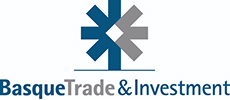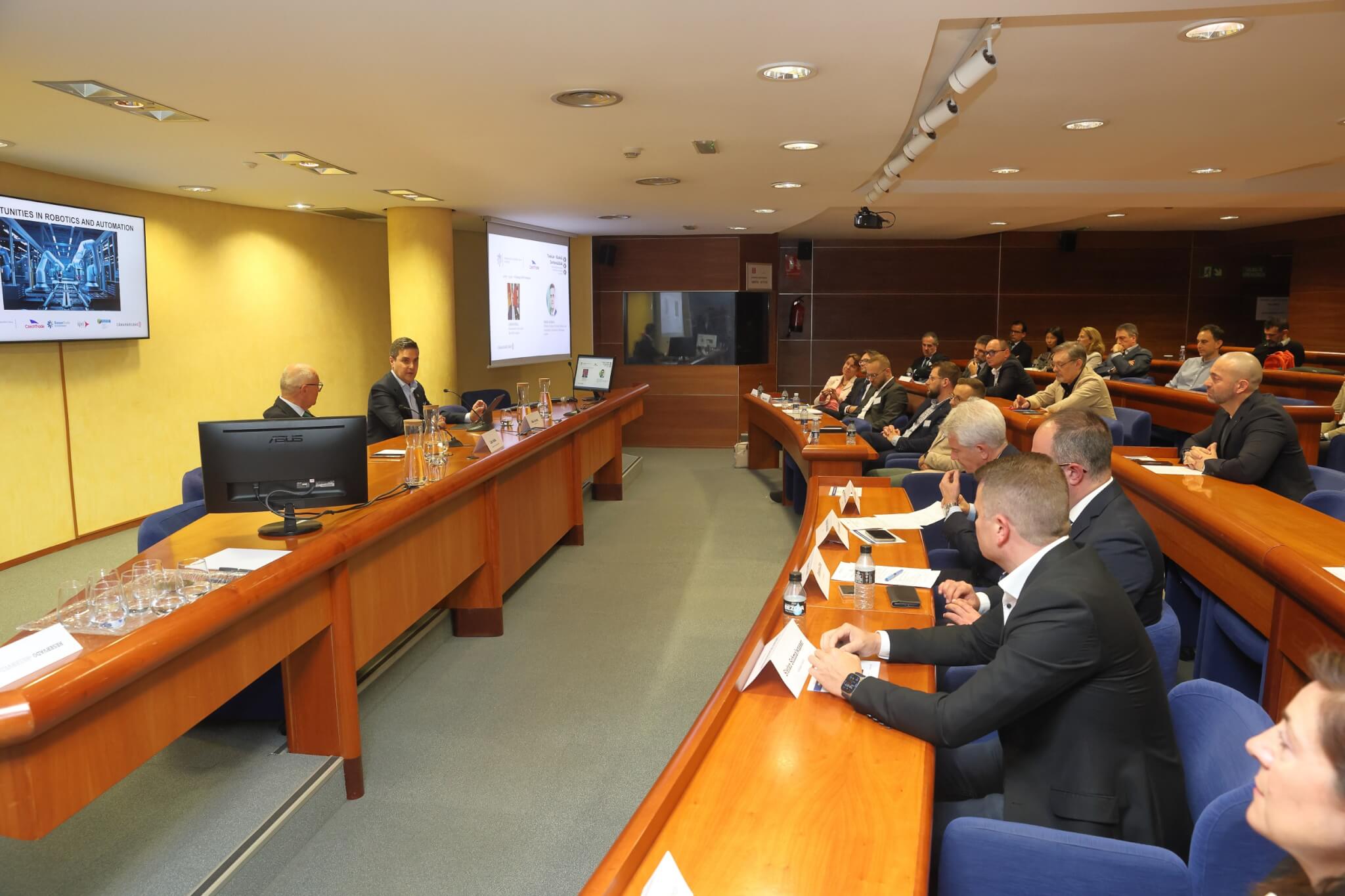Turkey
Las relaciones comerciales de Euskadi con Turquía vienen aumentando sensiblemente en los últimos años a medida que el país se ha ido posicionando como un mercado clave en el suministro de bienes y equipos a la Unión Europea. Con una población con unos perfiles técnicos cada vez más sofisticados, Turquía es ya un país relevante para Euskadi en sectores como la automoción, la máquina-herramienta y la siderurgia despertando interés por sus planes también en el sector de energías renovables. Por este motivo, las relaciones institucionales y comerciales con este país se han incrementado considerablemente en los últimos años, especialmente gracias a la apertura de una nueva oficina de Basque Trade & Investment.
The Basque Country, gateway to Europe
Turkey is usually considered as a good market due to its size, its political stability, and the sophistication of its industry, which has benefitted from being on the same page as European regulations. The government has expressed its interest in improving its intellectual property legislation, after which it is hoped that foreign investment in the country will increase significantly. Turkey has become an important political actor, a leading member of NATO and key in the relations with Middle Eastern countries. In terms of trade, it is building on its geostrategic vantage point to be the gateway to the former Soviet republics, Central Asia and also North Africa. The new government measures are expected to include the stabilisation of the Turkish lira, its Achilles heel in the last decade.
Ecem Toprakseven Gülfidan
Director of Basque Trade & Investment Turkey
BASQUE TRADE & INVESTMENT TÜRKIYE
* Office hours:
Monday to Thursday: 7.30 a.m. to 4.00 p.m.
Fridays: 8.00 a.m. to 1.00 p.m.

